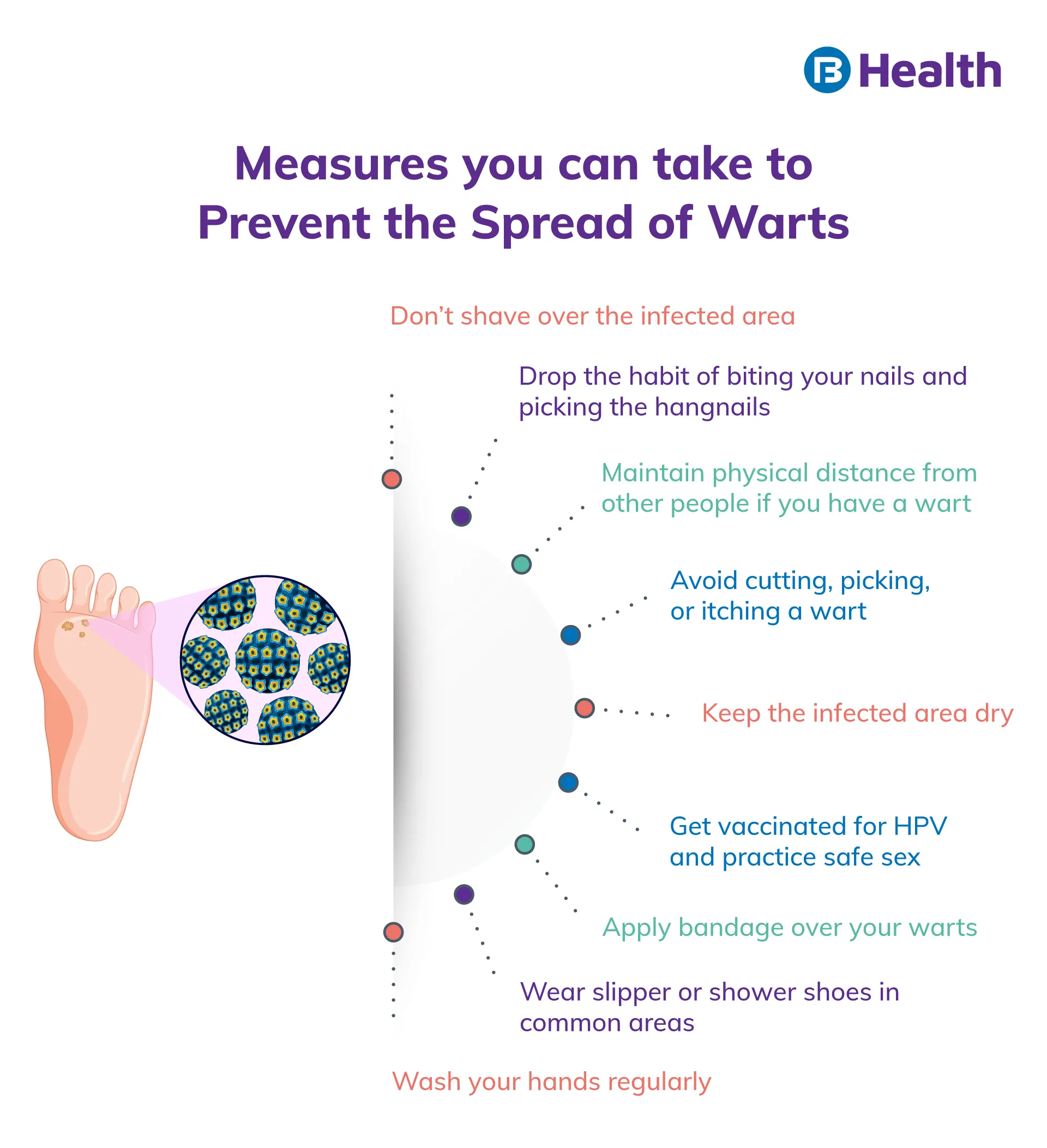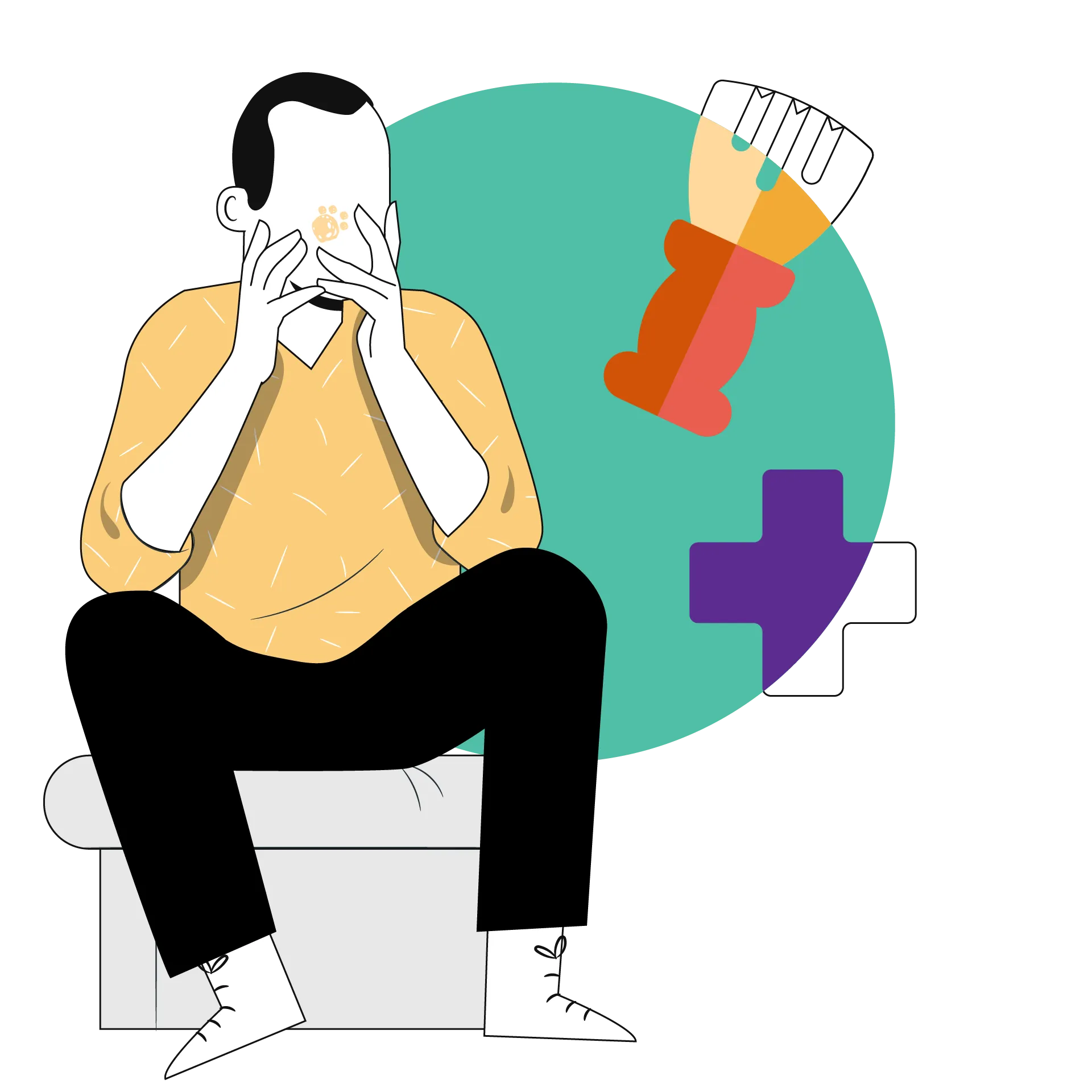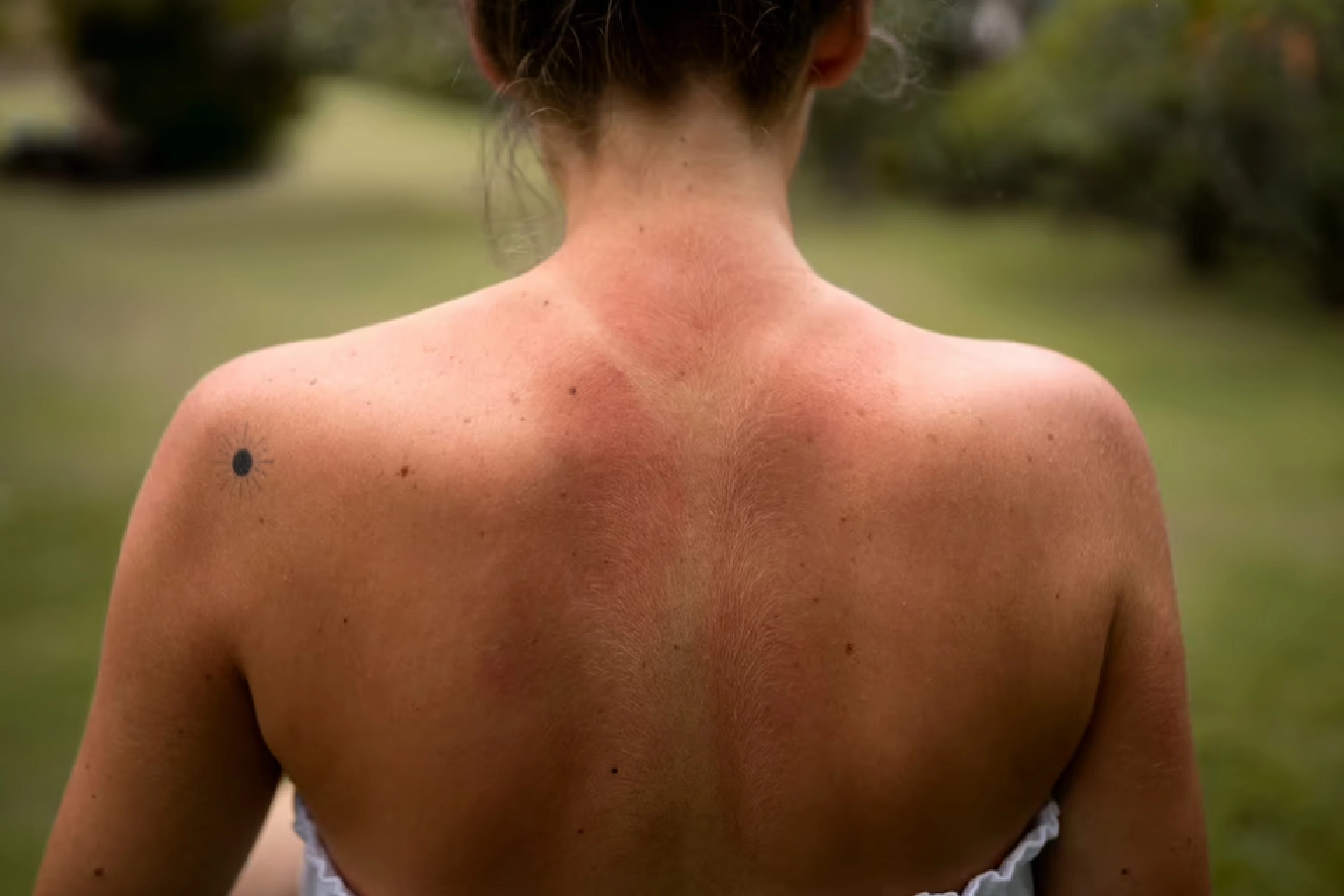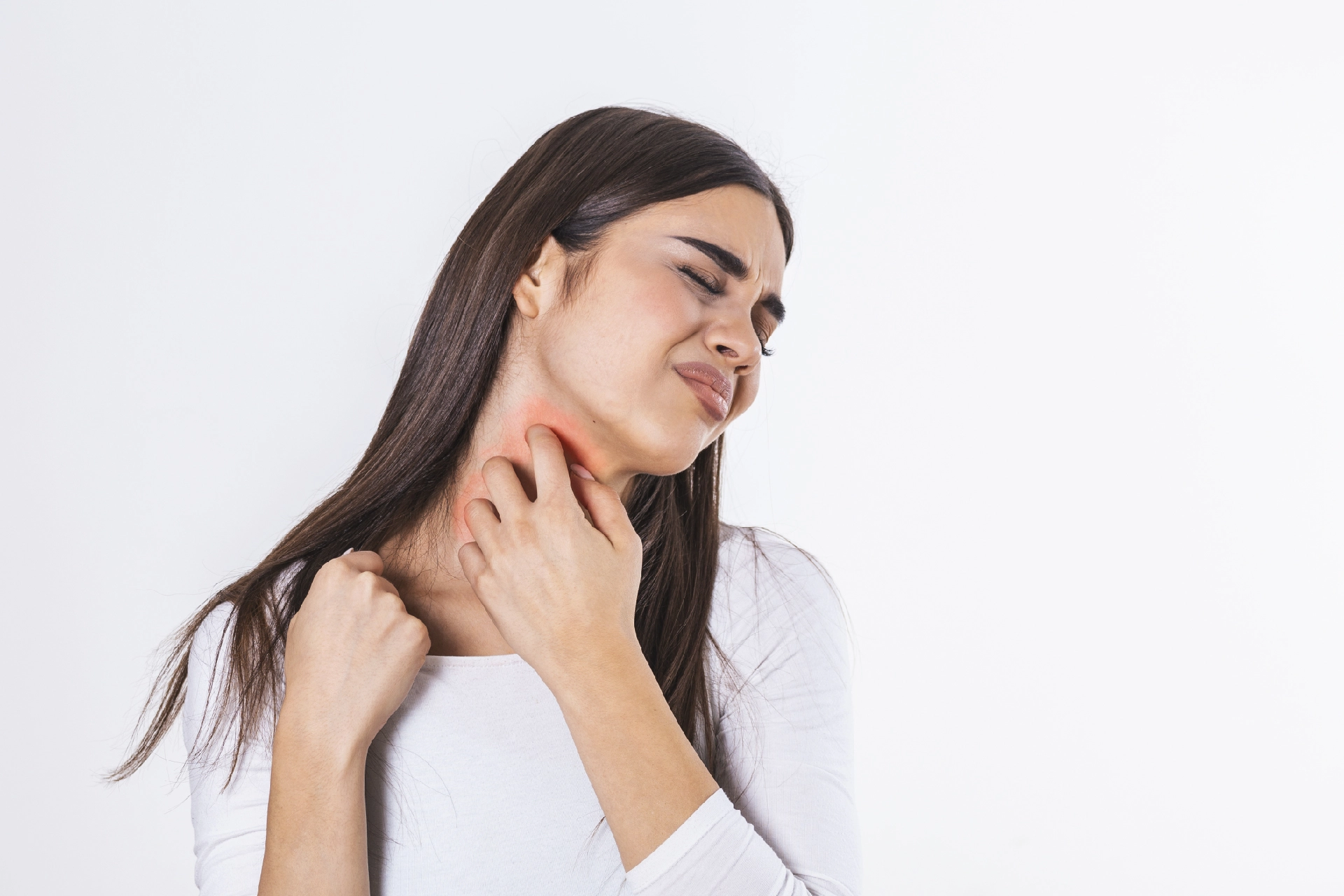Physical Medicine and Rehabilitation | 4 min read
Warts: 4 Types, Causes, and Treatment Methods to Know about
Medically reviewed by
Table of Content
Key Takeaways
- Warts are caused by HPV that enters out body through cuts and breaks
- The types of warts are distinguished based on the affected area of your skin
- Children and people with autoimmune conditions are more prone to warts
Formation of types of warts is a contagious skin condition that infects the top layer of your skin. It is caused by human papillomavirus (HPV). As a result, rough, skin-colored bumps get formed on your skin. These bumps are non-cancerous and develop when the HPV gets through your body from cuts or breaks on your skin.
Approximately 10% of the population is affected by warts. It is more common in kids and immunosuppressed patients as well as meat handlers [1]. There are different types of warts that may affect specific areas of your body.
Although they aren’t usually dangerous, warts’ symptoms may include a feeling of pressure, pain, and itchiness. Children as well as people with autoimmune conditions are most likely to develop warts. Read on to know more about warts’ causes, types, and treatment options.
Types of warts
The types of warts you may have depends on the area of infections and the appearance of bumps. Some commonly seen types are:
Common warts
This type usually develops on your toes, nails, fingers, back of your hand, and knees in some cases. It grows in these areas because the skin often breaks here from picking and biting of nails. They are also known as seed warts because they are black dots, resembling a seed.

Foot warts
These are also known as plantar warts, and may usually occur on your soles, ankles, and feet. This type may grow in clusters and turn into mosaic warts. The warts on your sole may often look flat because as you walk, you may push them inward. As the warts grow inward, it may cause a feeling of pebble stuck under your feet. This sensation may get painful over time.
Additional Read: How to Treat Corns on Feet: Home and Medical RemediesGenital warts
This type may grow near or on your genital area such as vagina, penis, rectum, cervix, scrotum or more. These are a form of sexually transmitted infection (STI). They may look bumpy or flat and their color may range between pink and dark brown. These can also grow from skin tags.
Flat warts
These may usually develop on your thighs, arms, or face. They are not immediately noticeable because of their small size. These warts are smoother and may appear scraped. Men tend to get these on their beard area, while women usually get these on their legs [2]. The color of these warts may be pink, yellow, or brown.
Causes of warts
HPV causes a skin infection that leads to formation of warts. This infection is contagious and may spread from person to person, or from one part of body to another. Some common warts’ causes are
- Cuticle picking or nail biting
- Shaving
- Coming in direct contact with a wart
- Touching something that was contaminated by an infected person
- Sexual intercourse without protection
Warts’ treatment options
Warts usually get dissolved on their own. However, here are some treatment options you can try.
Over-the-counter remedies
Some OTC medicines contain salicylic acid that soothes the layers of warts individually. They come in the form of patches, gel, or liquid. You may have to apply this for a few months before you start seeing the effects. Following skin care tips may also help prevent and manage the symptoms of warts.
Freezing the warts
This treatment is commonly known as cryotherapy. In this, your dermatologist may pour liquid nitrogen on your warts. It destroys the outer layer of your skin and may cause a burning sensation when it is poured. This treatment may require several attempts to work. You can also find some OTC concentrated cold air sprays. They freeze your affected skin for some time so that you can scrape off the warts.
Electrosurgery
In this treatment, your dermatologist will burn the infected skin and scrap off the warts. This treatment may leave a permanent scar and around 20% of the time these warts may reoccur [3]. Warts on scarred area are difficult to treat. Your dermatologist may use this method if your warts are resistant and huge.
Additional Read: Blisters: How Do They Form and What are Some Effective Treatments?While most warts go away on their own in a few weeks or a year, some may cause problems. Warts’ complications may include the following
- Disfigurement
- Cancer
- Infection
Since warts are contagious and may cause other conditions, it is better to treat them at the earliest. This is especially important if you are diabetic. You can book an in-clinic or online doctor consultation with a dermatologist on Bajaj Finserv Health in minutes. This way, you get skincare tips and lifestyle advices to prevent warts from the best practitioners.
References
- https://www.ncbi.nlm.nih.gov/books/NBK431047/
- https://www.aad.org/public/diseases/a-z/warts-symptoms
- https://dermnetnz.org/topics/viral-wart
Disclaimer
Please note that this article is solely meant for informational purposes and Bajaj Finserv Health Limited (“BFHL”) does not shoulder any responsibility of the views/advice/information expressed/given by the writer/reviewer/originator. This article should not be considered as a substitute for any medical advice, diagnosis or treatment. Always consult with your trusted physician/qualified healthcare professional to evaluate your medical condition. The above article has been reviewed by a qualified doctor and BFHL is not responsible for any damages for any information or services provided by any third party.






